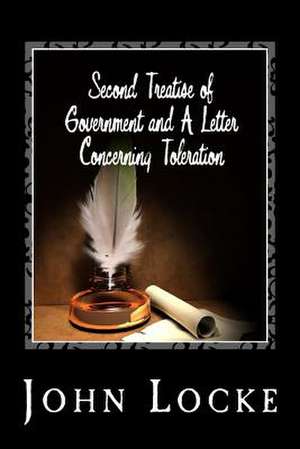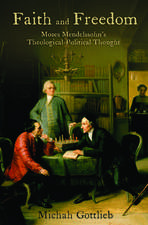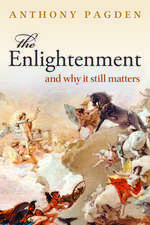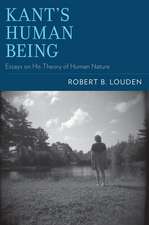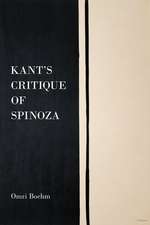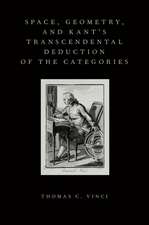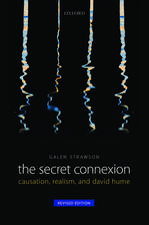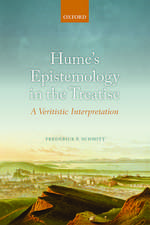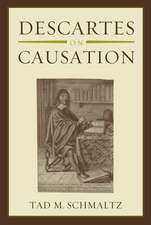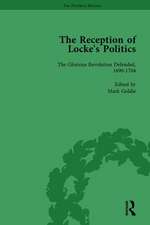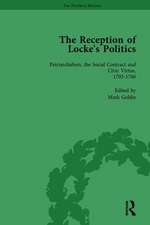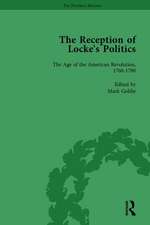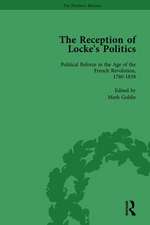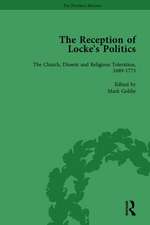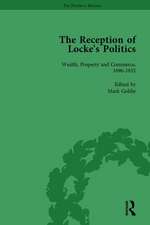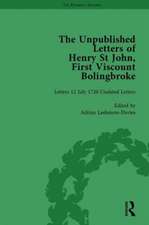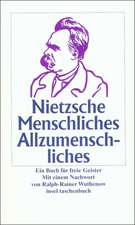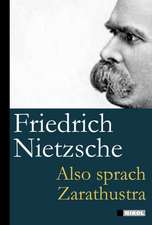Second Treatise of Government and a Letter Concerning Toleration
Autor John Lockeen Limba Engleză Paperback
| Toate formatele și edițiile | Preț | Express |
|---|---|---|
| Paperback (2) | 61.16 lei 3-5 săpt. | |
| CREATESPACE – | 61.16 lei 3-5 săpt. | |
| OUP OXFORD – 8 iun 2016 | 69.42 lei 3-5 săpt. | +8.41 lei 7-13 zile |
Preț: 61.16 lei
Nou
Puncte Express: 92
Preț estimativ în valută:
11.70€ • 12.31$ • 9.77£
11.70€ • 12.31$ • 9.77£
Carte disponibilă
Livrare economică 19 decembrie 24 - 02 ianuarie 25
Preluare comenzi: 021 569.72.76
Specificații
ISBN-13: 9781495323355
ISBN-10: 1495323358
Pagini: 158
Dimensiuni: 152 x 229 x 9 mm
Greutate: 0.22 kg
Editura: CREATESPACE
ISBN-10: 1495323358
Pagini: 158
Dimensiuni: 152 x 229 x 9 mm
Greutate: 0.22 kg
Editura: CREATESPACE
Descriere
Descriere de la o altă ediție sau format:
'Man being born...to perfect freedom...hath by nature a power...to preserve his property, that is, his life, liberty and estate.'Locke's Second Treatise of Government (1689) is one of the great classics of political philosophy, widely regarded as the foundational text of modern liberalism. In it Locke insists on majority rule, and regards no government as legitimate unless it has the consent of the people. He sets aside people's ethnicities, religions, and cultures and envisages political societies which command our assent because they meet our elemental needs simply as humans. His work helped to entrench ideas of a social contract, human rights, and protection of property as the guiding principles for just actions and just societies.Published in the same year, A Letter Concerning Toleration aimed to end Christianity's wars of religion and called for the separation of church and state so that everyone could enjoy freedom of conscience. In this edition of these two major works, Mark Goldie considers the contested nature of Locke's reputation, which is often appropriated by opposing political and religious ideologies.ABOUT THE SERIES: For over 100 years Oxford World's Classics has made available the widest range of literature from around the globe. Each affordable volume reflects Oxford's commitment to scholarship, providing the most accurate text plus a wealth of other valuable features, including expert introductions by leading authorities, helpful notes to clarify the text, up-to-date bibliographies for further study, and much more.
'Man being born...to perfect freedom...hath by nature a power...to preserve his property, that is, his life, liberty and estate.'Locke's Second Treatise of Government (1689) is one of the great classics of political philosophy, widely regarded as the foundational text of modern liberalism. In it Locke insists on majority rule, and regards no government as legitimate unless it has the consent of the people. He sets aside people's ethnicities, religions, and cultures and envisages political societies which command our assent because they meet our elemental needs simply as humans. His work helped to entrench ideas of a social contract, human rights, and protection of property as the guiding principles for just actions and just societies.Published in the same year, A Letter Concerning Toleration aimed to end Christianity's wars of religion and called for the separation of church and state so that everyone could enjoy freedom of conscience. In this edition of these two major works, Mark Goldie considers the contested nature of Locke's reputation, which is often appropriated by opposing political and religious ideologies.ABOUT THE SERIES: For over 100 years Oxford World's Classics has made available the widest range of literature from around the globe. Each affordable volume reflects Oxford's commitment to scholarship, providing the most accurate text plus a wealth of other valuable features, including expert introductions by leading authorities, helpful notes to clarify the text, up-to-date bibliographies for further study, and much more.
Notă biografică
Mark Goldie is a member of the editorial board of the Clarendon Edition of the Works of John Locke, and former editor of the Historical Journal. He has published extensively in the field of British political, religious, and intellectual history, 1650-1800. Among his edited volumes are The Cambridge History of Political Thought, 1450-1700, The Cambridge History of Eighteenth-Century Political Thought, Locke's Political Essays (Cambridge) and Selected Correspondence (Oxford).
